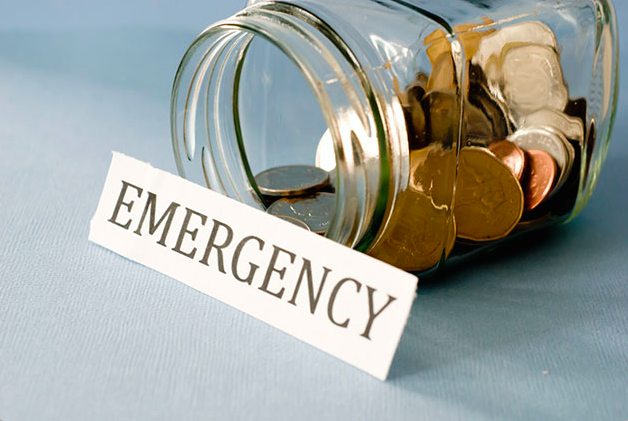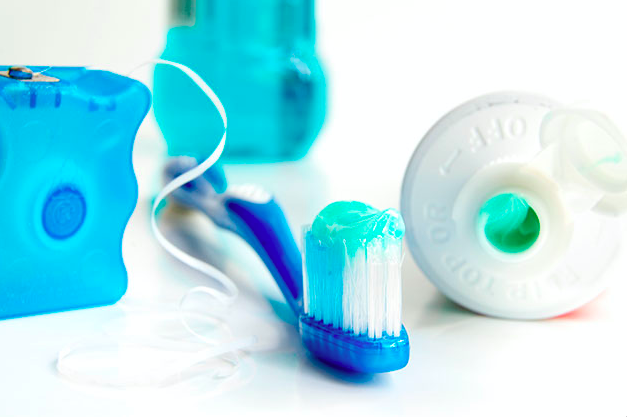
The cost of healthcare is constantly on the rise and more businesses are struggling to balance offering their employees adequate benefits and an adequate wage.
In some cases, employees may opt to go without insurance or with a plan that doesn’t quite fit their needs, especially if they’re healthy at the time. However, this can be a dangerous gamble considering unexpected injuries or illnesses that result in time off work or worse.
The fact is, it’s not always practical or even possible to afford the right insurance coverage, and many Americans are looking for ways to do the best they can within their budget.
If you’re an employee who is currently uninsured, here are three major health hacks you can keep in mind to make the best of your situation:
Focus on your health

By maintaining your health now, you can avoid illness down the road.
"The fact is, it’s not always practical or even possible to afford the right insurance coverage, and many Americans are looking for ways to do the best they can within their budget."
This might seem obvious, but think about it for a moment: if you’re in a position where nearly any sort of medical treatment is going to cost you a large amount out-of-pocket, what’s the most effective thing you can do to avoid those expenses? Take precaution to avoid becoming ill or injured.
Naturally, it’s impossible to completely avoid illness and injury, but there are some very practical steps you can take to remain as healthy as possible:
- Wash your hands regularly and carry hand sanitizer with you in public.
- Take a daily multivitamin.
- Eat a healthy, balanced diet.
- Make time every day for exercise.
- Try to avoid places and people that regularly spread illness if at all possible (like schools, crowded subways, hospitals, and drug stores.)
- Get plenty of sleep.
- Learn how to de-stress effectively, and do it every day.
By concentrating on these simple steps, you could find you are sick less often, you feel better than you have in the past, and your subsequent medical expenses are far lower.
Save for emergencies

It's wise to save up for emergency medical situations.
As noted above, it’s impossible to completely avoid being sick or getting hurt. That’s why one of the worst things you can do when you are sick is to ignore it or delay treatment because of the cost involved.
Even on a limited budget, putting away a few dollars a week for emergencies can make a difference. Consider keeping this fund separate from a “rainy day” savings account or a fund set up for major purchases or vacation. This will help ensure you keep your personal emergency savings intact and separate from your other finances.
Then, when you do come down with something, get the medical care you need as quickly as possible to ensure you’re able to quickly recover and that it doesn’t progress into something worse.
Prioritize your oral health

Sometimes keeping your mouth healthy is as simple as toothpaste, a toothbrush & floss.
Why focus on oral health? For one thing, caring for your oral health effectively is among the least expensive and consistent measures you can take to maintain your overall health. It simply calls for a supply of dental floss, toothpaste, and a toothbrush for everyday use. Then, twice a year, it requires a visit to the dentist for a routine cleaning and checkup.
Although the cost of the semi-annual checkup may be high based on your budget, it’s far lower than the cost of treating all the ailments a trip to the dentist could theoretically prevent or at least provide ample warning about. These include cavities, gum disease, heart disease, potential stroke, diabetes, oral cancers, and much more.
To save on dental care, dental discount plans offer a viable option for significant discounts on routine and major dental services without requiring expensive insurance.
By prioritizing your oral health, you invest a relatively small amount and get a much larger return. It’s not easy balancing finances and health, especially for uninsured employees. But it is possible to stay healthy without spending a fortune.